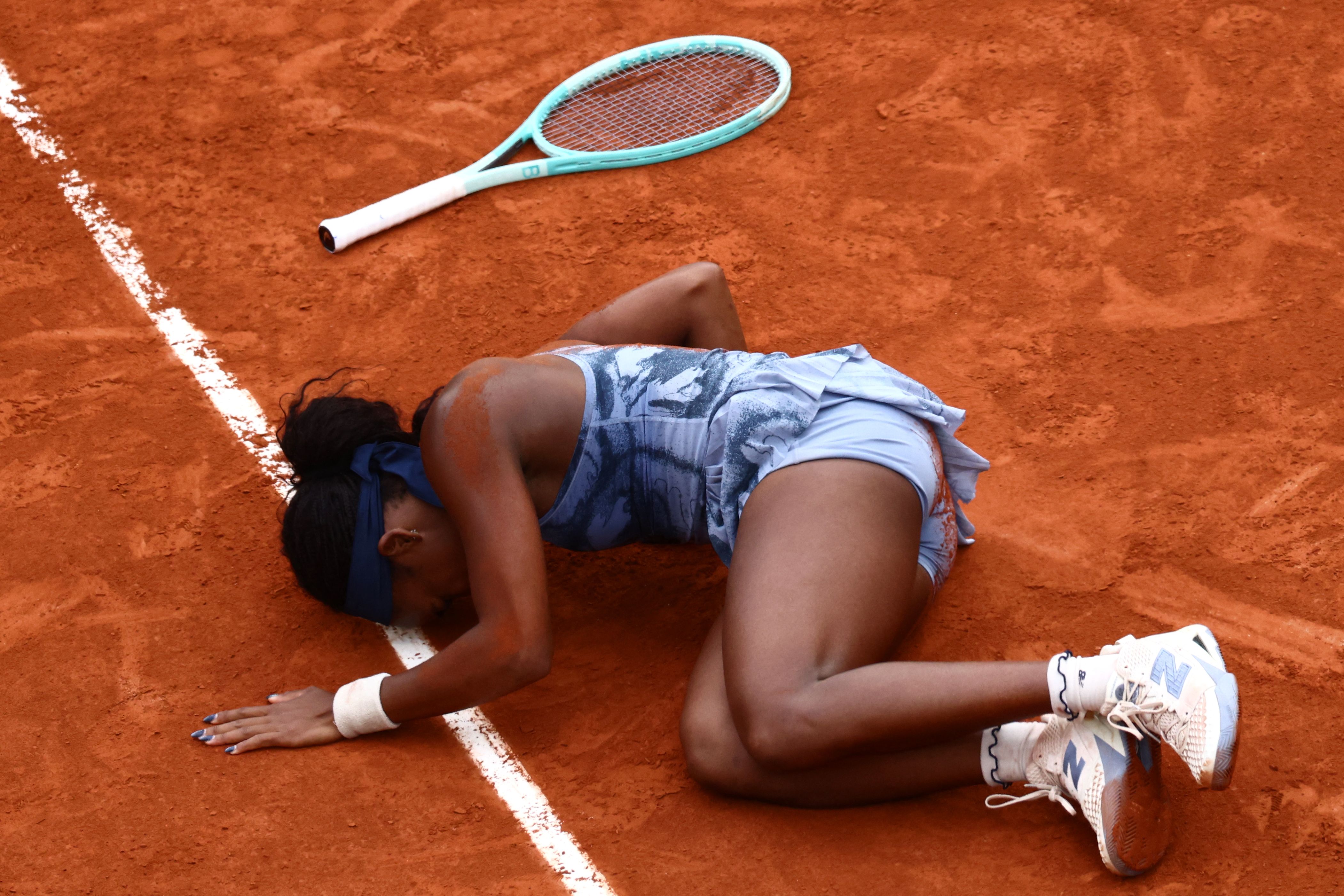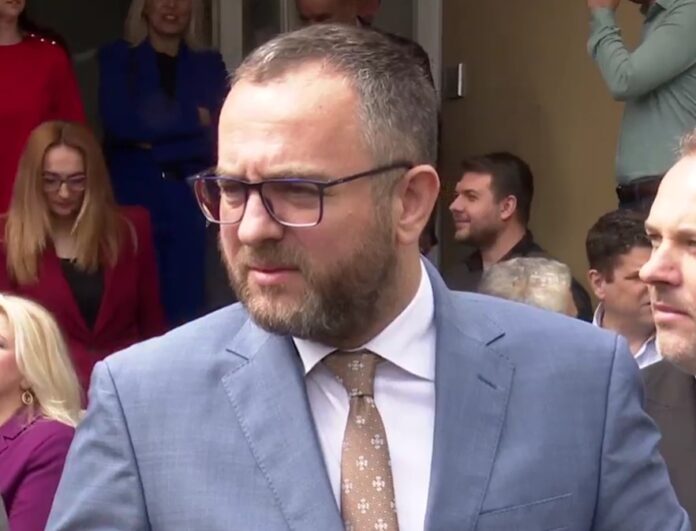Column | From Drees to Omtzigt
:format(jpeg):fill(f8f8f8,true)/s3/static.nrc.nl/wp-content/uploads/2019/07/fritshome.png)
Willem Drees was for sale for two euros at an Amsterdam antiquarian. At least, were under the title in 1983 Memories and views Memoirs came out. I struck immediately.
Coincidentally – coincidence could be very intrusive – that the day before Pieter Omtzigt had left Dutch politics with some pathos. « Today I announce my farewell to national politics, » he said on a video.
It sounded like a great statesman went away from us. He was also proudly standing, although you rather expect a lying position on a sagging mattress from someone who leaves because of a burnout.
Fortunately, he turned out to be proud of his party, and also in himself, because he did not show his numerous merits. He could have been a member of parliament for more than 21 years, but « the toll had been pretty big. »
How would the old Drees have looked at it? With some aversion, I suspect. Breast beating was strange to him, he hated appearance. Legendary anecdots are circulating over his desire for austerity. My favorite is this one. During a dinner from the Wiardi Beckman Foundation, the scientific office of the PvdA, the steaks were distributed on a scale. Drees took one off, cut him in half and put half back on the scale – to the bewilderment of party mate Ed van Thijn, a visible supporter of whole steaks.
After the Second World War, Drees was a political leader of the PvdA, three years Minister of Social Affairs and Deputy Prime Minister and from 1948 to 1958 Prime Minister. He is considered the founder of the Dutch welfare state. He was a quiet formulating man with a somewhat monotonous voice, who had the ability to bring to the core to the core in few words. He avoided personal attacks on opponents as much as possible.
He could be very fundamental: he said goodbye to the PvdA in 1971 because he did not like the rise of New Left; their booklet Ten over red he called « a fool, far below the intelligence of the two writers and of several signatories. » (The writer were Han Lammers and Hans van den Doel). « It was a dramatic event for me, » writes Drees in his memoirs: « I had been a member for 67 years, successively from the SDAP and the PvdA, which I had co -founded. »
Drees did not often talk about his private life, the more impression makes the scarce paragraphs in this book in which he does that as a 96-year-old.
« During our happy marriage, a terrible sorrow hit us. Our second child, a particularly sweet and intelligent girl died at the age of six. My life partner reached the age of 85 and after a wedding of 63 years was removed from me. (…) The diverse of my wife has meant a heavy loss for me to one. Achieved by a heart attack.
Drees died in 1988 at the age of 101. Also for him, to speak with Omtzigt, the toll had sometimes been ‘quite large’.

/s3/static.nrc.nl/images/gn4/data133354271-8dc659.jpg)
:format(webp)/s3/static.nrc.nl/wp-content/uploads/2024/09/04085506/data120975205-8f5e99.jpg)
/s3/static.nrc.nl/images/gn4/data133355903-5bc084.jpg)


